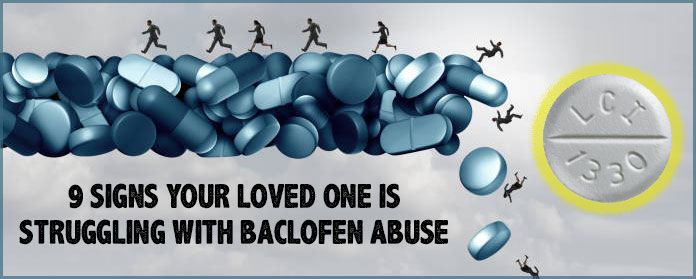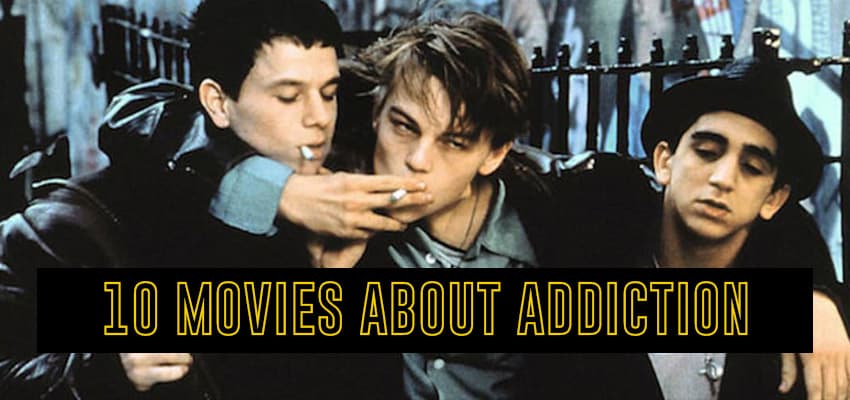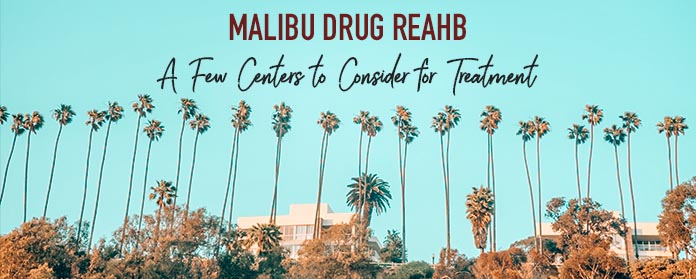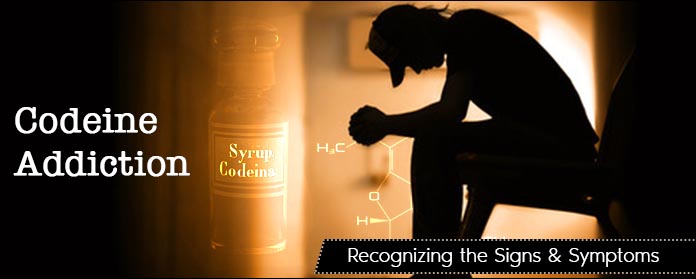Baclofen is often prescribed as a skeletal muscle relaxer for people with serious conditions like multiple sclerosis. Recently, it gained popularity as an abuse treatment drug.
Like many prescriptions intended for substance abuse treatment, this drug can be misused. Baclofen abuse may seem unlikely, considering that it’s not an opiate and produces no euphoric “high.”
The lack of these common addiction indicators doesn’t mean that misusing baclofen is safe. Furthermore, it doesn’t exempt users from becoming dependent on the drug.
Do you suspect someone of your life of struggling with baclofen abuse? Read on to discover what signs to check for and what you can do to help.
Why Is Baclofen Used in Addiction Treatment?
In 2004, a cardiologist from France discovered that baclofen suppressed the alcohol-induced release of dopamine from the brain.
Later studies concluded that baclofen could not only reduce the rewarding effects of alcohol and opioids but also minimize the symptoms of withdrawal.
The Abuse Potential
High doses of baclofen are often needed to treat both addiction and medical issues. Due to these large doses, the body can become dependent on the drug.
There is some research that indicates baclofen may act as a stimulant in some patients when used in large doses. Furthermore, mixing it with stimulants like nicotine can create a compounding addiction.
Baclofen toxicity is a serious risk at high doses. Since this drug treats the symptoms of addiction and not the addiction itself, patients are likely to swap one addiction for another.
Its sedating, anti-anxiety properties can encourage a patient to believe they only feel better while on the drug, and often causes an increase in the frequency and number of doses taken.
When combined with alcohol or other medications, such as sleeping pills, anti-depressants, or tranquilizers, the sedative effects of the drug are enhanced and can lead to addiction.
Baclofen Side Effects
While baclofen can be a good therapy for those suffering from certain conditions, it may also cause severe side effects in the long run. Taking large doses can be unbearable for some, even before the signs of addiction set in.
Side effects to watch for can include:
- Chest pain and heart palpitations
- Profound weakness
- Memory problems and mental confusion
- Drowsiness
- Headache
- Nausea, dizziness, and vomiting
- Muscle contractions and cramps
- Itching and rashes
- Palpitations
- Incontinence, diarrhea, and constipation
- Shortness of breath
- Water retention
- Weight loss or change in appetite
- Photosensitivity
Warning Signs of Baclofen Abuse and Overdose
Besides the side effects listed above, there are signs to watch for in baclofen addicts. These may include:
Hypoventilation and Trouble Breathing
This manifests as irregular, difficult, and slow breathing. People with respiratory depression often have too much carbon dioxide in the blood since their body is not taking in as much oxygen as it should.
Bradycardia
Adult hearts beat between 60 to 100 times a minute. When suffering from baclofen overdose, the human heart might see a significant decrease in beats per minute.
Acute Delirium
Those exhibiting signs of delirium are suffering from cognitive dysfunction. They may seem inattentive, confused, unfocused, or even inebriated.
Hyporeflexia
If your loved one seems slow to respond, their central nervous system may be so depressed from the drug’s effects that they can’t react. Their reflexes and reaction times may be severely diminished, or they may fail to react entirely.
Low Body Temps or Hypothermia
When the body loses more heat than it generates, it could be suffering from hypothermia.
This condition makes a person look and feel cold. The metabolic processes are hampered so much that their bodies are not generating heat as normal.
Hypotension
Otherwise known as low blood pressure, this can cause a person to become dizzy and faint. They may experience severe vertigo as a result.
Hematomas
If you notice dark masses on your loved one’s body, especially the face, the cause is likely a hematoma. When blood collects outside of the blood vessels in the surrounding tissues, it can appear as a swollen bruise.
Drowsiness
Severe and persistent drowsiness is a direct result of central nervous system depression. As the body is sedated by excessive baclofen, it can become harder to stay awake.
Coma
A large enough dose on baclofen can send someone into a coma. If your loved one appears unconscious and unresponsive, they could be suffering from a baclofen-induced coma. Recovery can take days or even weeks.
What to Do in Case of Overdose
If you suspect that someone you know has overdosed on baclofen, it’s important to remain calm and call 911. If they’re conscious, try and prevent them from taking any more drugs in the meantime.
If the person is not breathing, perform CPR right away. Once breathing is established, move them into a recovery position and wait for help to arrive.
If the person is having a seizure, protect them from self-harm by laying them down in a safe area and cushioning their head. Stay with them, rolling them gently on their side if possible. Remain present until help arrives.
Baclofen Withdrawal Symptoms
Individuals withdrawing from Baclofen gradually are more likely to suffer symptoms after two or more months of use. These may include:
- Anger, irritability, or agitation
- Extreme drug cravings
- Tremors, especially in extremities
- Insomnia
Immediate cessation of baclofen may cause severe effects, such as:
- Muscle spasms
- Hallucinations
- Mental confusion
- Anxiety
- Muscular rigidity
- Irregular heartbeat
- Psychosis
- Seizures
- Organ failure
How to Get Help for Baclofen Abuse
Luckily, many healthcare facilities offer support and treatment for baclofen abuse. If someone in your life is displaying symptoms of baclofen addiction, help them seek formal treatment. Therapy is essential to break the cycle of abuse.
Detox, support groups, and aftercare recovery are all tools designed to help your loved one treat their addiction. Don’t be afraid to reach out and get help.
Contact the caring team at Recovery Resource Center for assistance and resources on addiction, treatment centers, and more.





